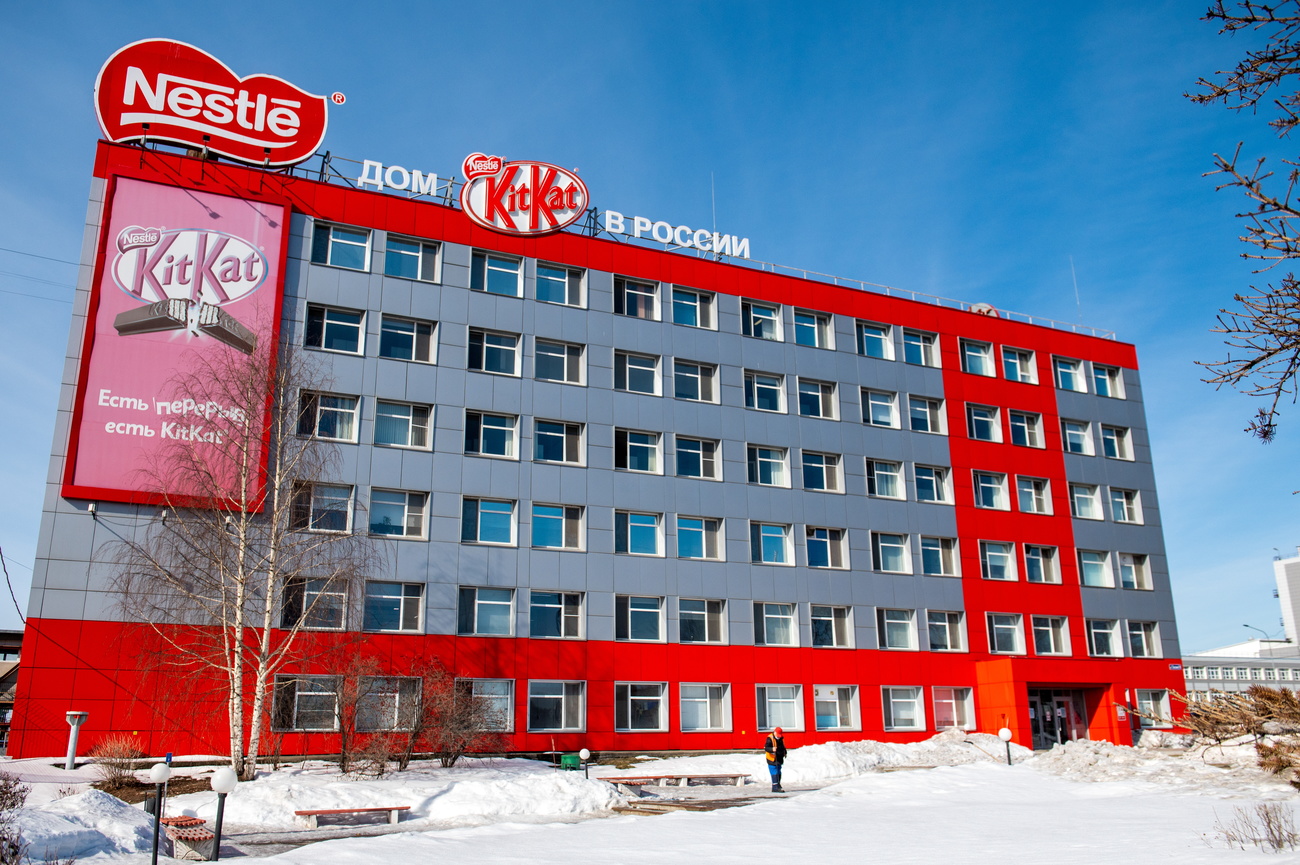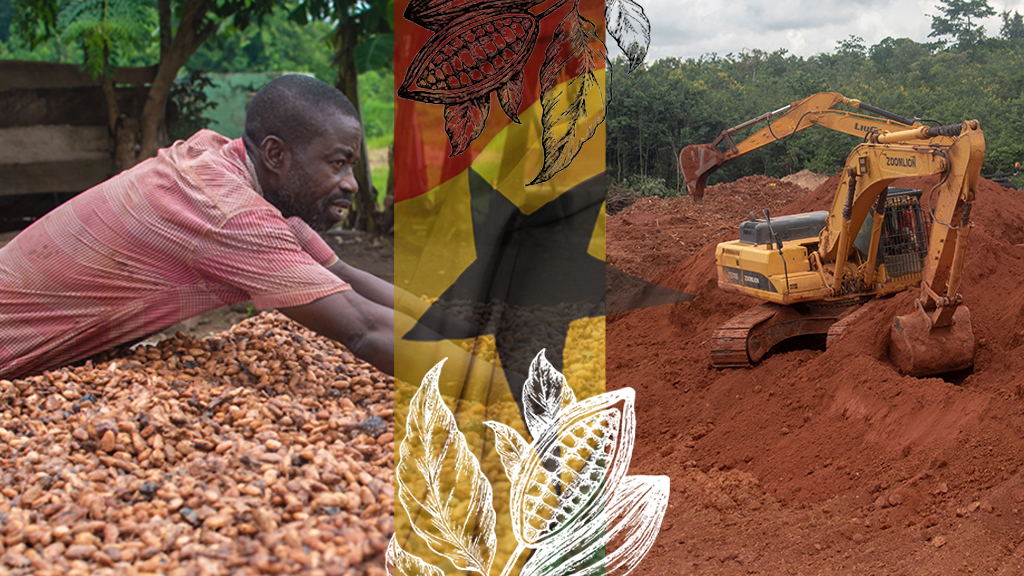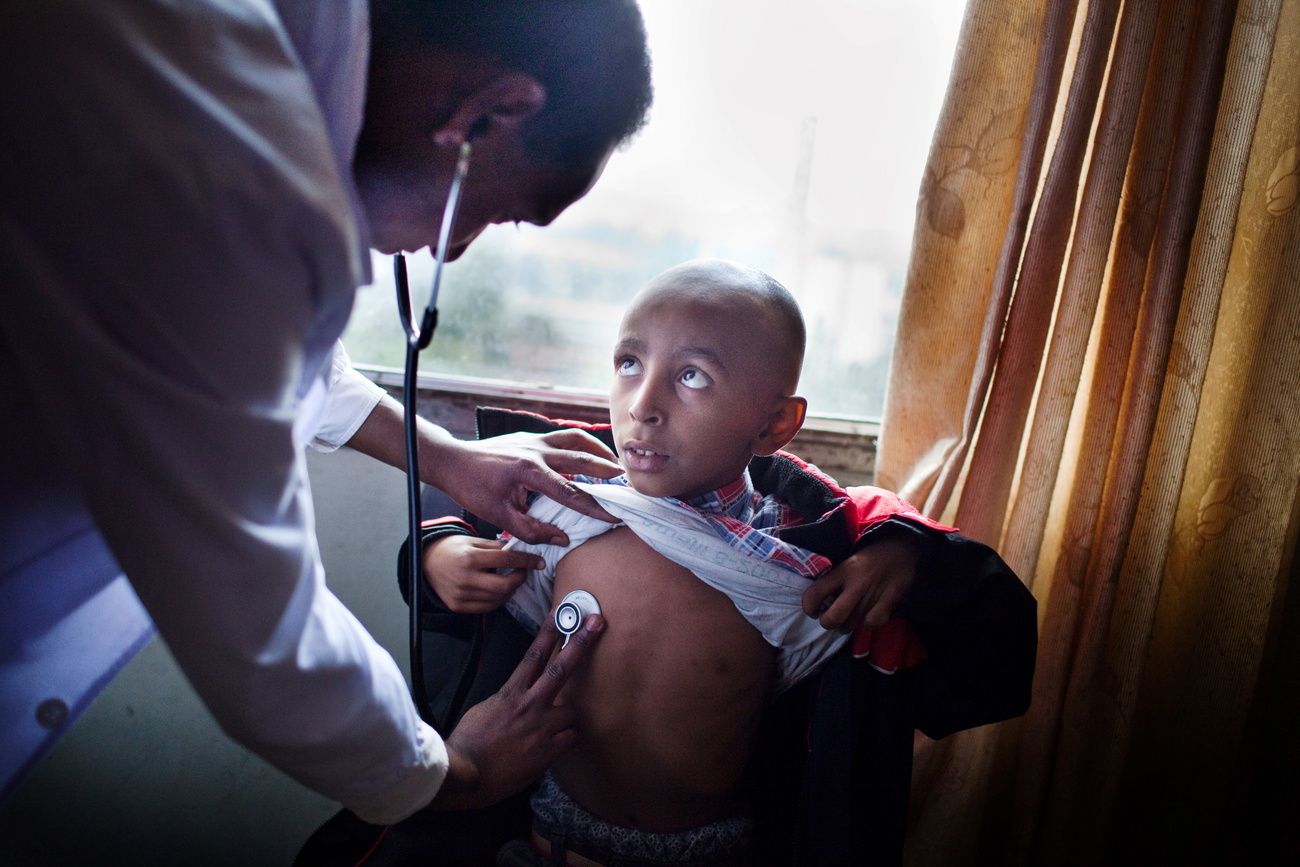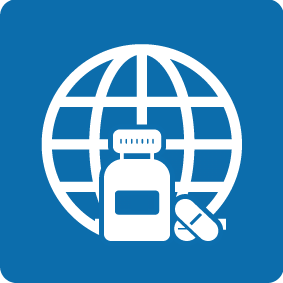
Which Swiss companies made headlines in 2022?
From Nestlé to Novartis, the largest companies in Switzerland generated plenty of news in 2022. But it was the Ukraine war and the dilemmas it created for multinationals that dominated headlines this year.
Here is this year’s list of the most-read stories about multinational companies in Switzerland across SWI swissinfo.ch’s 10 languages.
1. Stay or go? The dilemma of Swiss companies in Russia – As soon as Russia invaded Ukraine, Swiss multinationals like Nestlé, Holcim and Glencore found themselves under pressure to distance themselves from Russia. This story, which was our most read story in Russian, and topped readers’ lists in French and English, asked 20 Swiss companies in March about their decision to stay or go. It proved harder for some than others to cut ties as we reported over the year. See here other stories on the topic: Swiss multinationals under pressure to untangle ties with Russia and Ukrainian officials shame Nestlé over Russia presence.

More
Stay or go? The dilemma of Swiss companies in Russia
2. What’s behind the Novartis job cuts? – In June, Novartis announced it was shedding 7% of its global workforce, leaving around 8,000 people without a job. This wasn’t just a cost-cutting move though, but a turning point for Novartis, which is offloading its generics business to focus on what it calls “high-value medicine”. Perhaps a sign of the Swiss pharma giant’s global reach, this story was our most-read multinationals story in English, Portuguese and Japanese in 2022.
3. Is 100% organic farming a revolution too far? – Our look at the lessons from Sri Lanka’s short-lived ban on chemical fertilizers and pesticides was one of our top stories in English, French, Portuguese and Chinese. The Sri Lankan government’s experiment in organic farming was one of the triggers for mass protests in the country and has sparked debate worldwide about whether 100% organic agriculture is feasible or even desirable. One company that has a lot at stake in the debate is the Basel-based, Chinese-owned Syngenta. Read the Syngenta’s CEO’s controversial statements on organic here.

More
Is 100% organic farming a revolution too far?
4. Swiss trading hub adapts to new wartime reality – As countries tried to cut off Russia from the global economy, Swiss commodity traders had to adapt. This story on the Geneva commodity trading hub’s intricate ties with Russia was one of several we wrote on commodities. Here’s one on gold, and one on oil, and this one on steel. This op-ed by corruption expert Mark Pieth on the economic drivers behind Switzerland’s initial hesitation to join sanctions against Russia was our most-read story in German.
5. How gold mining in Ghana is threatening Swiss chocolate – This is one of several articles looking at how West Africa is trying to renegotiate the power imbalance in the chocolate industry dominated by Swiss companies like Barry Callebaut. It’s an uphill battle though as more cocoa farmers turn to illegal gold mining. See here our first story in the series: West Africa braces for tough sustainable cocoa rules in Europe.

More
How gold mining in Ghana is threatening Swiss chocolate
6. Can the WEF stop de-globalisation? – The annual elite gathering was back in Davos after pandemic postponements but it wasn’t business as usual. Many Russian elites weren’t invited and many top politicians stayed home, raising questions about the relevance of a gathering of “global citizens” when countries retreat to their own corners. This story was one of our top ten across several languages along with an interview with the author of Davos Man.
7. Genome editing’s patent problem fuels concern for the future of food – Genome editing has been touted as a solution to many of our food woes but it’s not without controversy. This story looked at the legal loopholes that could put more power in the hands of big companies like Syngenta. Owned by Chinese state-owned firm ChemChina and with a planned IPO in China this year, it wasn’t surprising that this story topped the list in Chinese. It was also widely read in Arabic. For some background on the subject see this Explainer: The controversy behind genome editing our food
8. SICPA: The hidden cost of selling trustExternal link – We dove into the archives to tell the story of Sicpa, a highly secretive Swiss family-based company that sells trust in the form of inks for currency, and QR codes to combat counterfeit goods. We looked at why this company has caught the attention of the Swiss attorney general. This longform story was one of our top reads in English and French.

More
Sicpa – the hidden cost of selling trust
External link9. The end of affordable medicine – Pharmaceutical companies like Novartis and Roche are close to a cure for many cancers and genetic diseases, but the hefty price tags of the treatments are unaffordable for most of the world. This was the first story in a series we wrote based on the dilemmas facing governments, hospitals and patients over the affordability of new cures for many deadly diseases. This was one of our top stories in Japanese. Check out the full series here: Why life-saving drugs aren’t saving lives in Kenya

More
The end of affordable medicine
10. WHO slams baby milk industry for rampant ‘manipulative’ marketing – This story covering WHO/UNICEF’s report on aggressive marketing by the infant formula industry was our top-read story in Spanish. The report found that marketing by firms like Nestlé has become more widespread and insidious in the digital era despite a decades-long campaign to eradicate the practice.
Hot off the press: Here’s our look at the lawsuit being brought by four Pari Island residents against Swiss cement maker Holcim for their role in climate change and the flood damage it caused on the island.
Did we miss anything? What stories were on your list? What would you like us to investigate in 2023?
Thanks for reading and have a happy and healthy 2023.
More

In compliance with the JTI standards
More: SWI swissinfo.ch certified by the Journalism Trust Initiative






























You can find an overview of ongoing debates with our journalists here . Please join us!
If you want to start a conversation about a topic raised in this article or want to report factual errors, email us at english@swissinfo.ch.